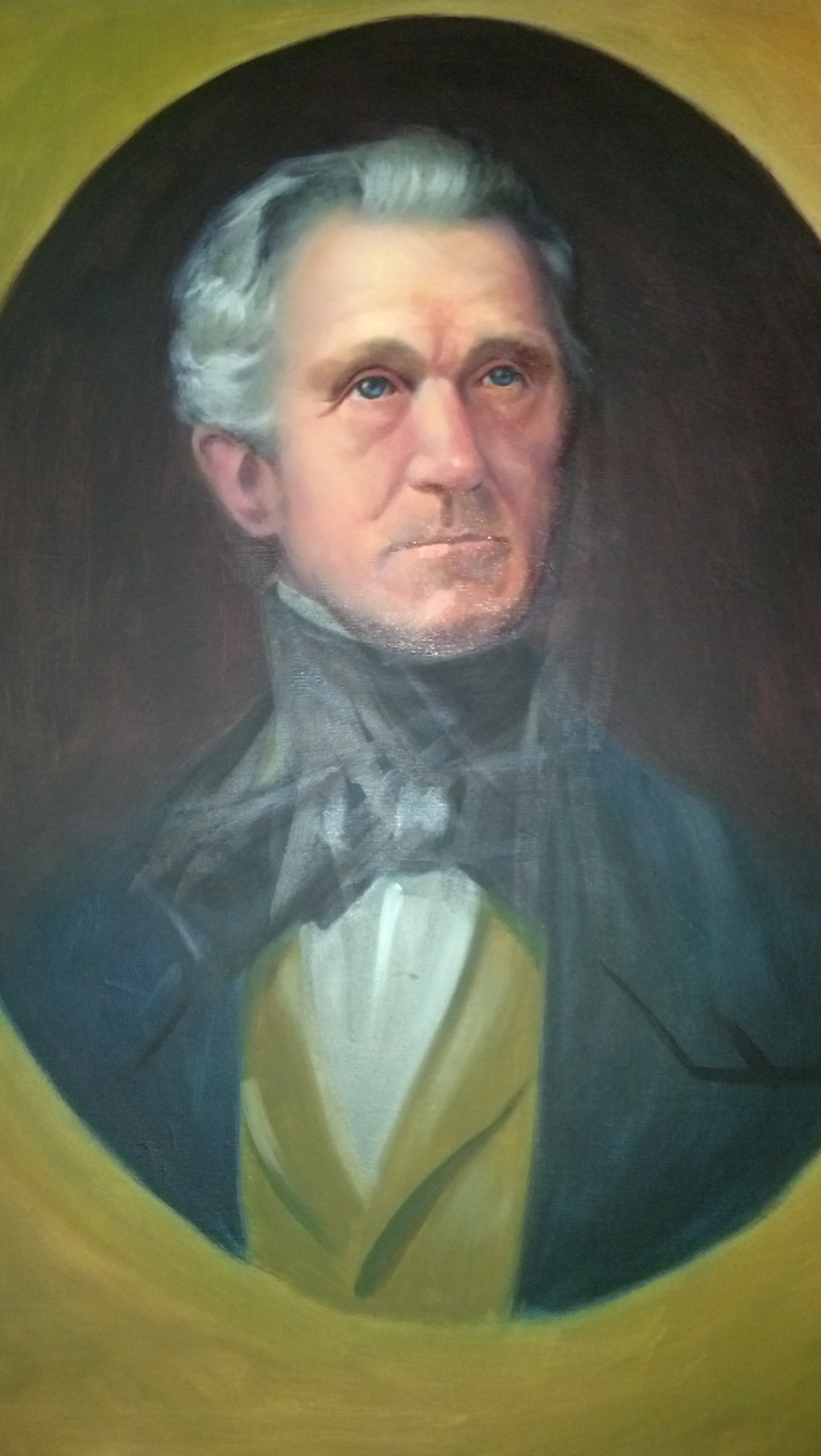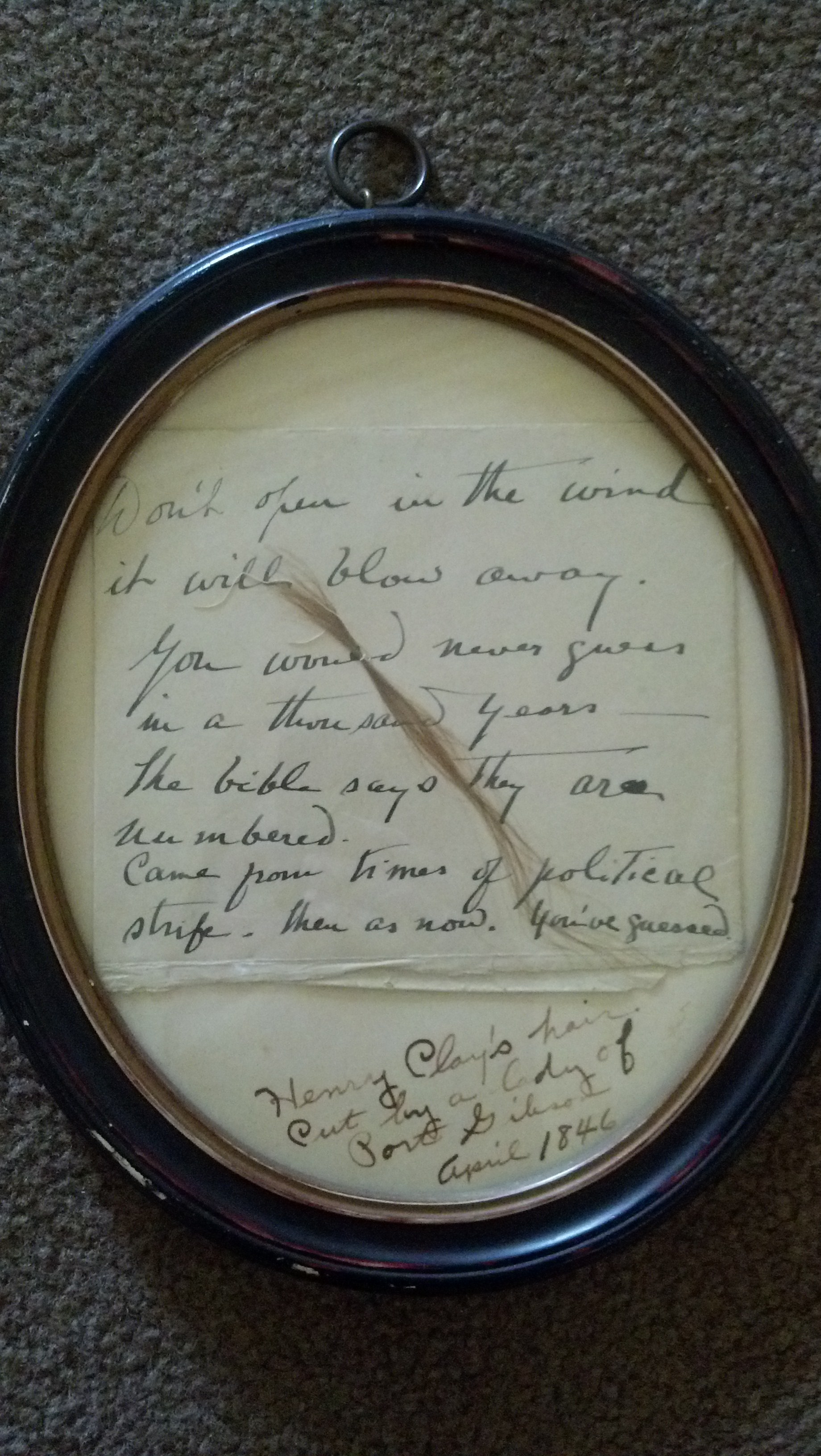Philip Fendall, Jr. is a face seen every day at Lee-Fendall hanging on the wall in the North parlor. On tour he is mentioned as the first child born in the house. He also stands in as his father since Lee-Fendall Museum has no image of Philip Fendall, Sr. Philip Fendall can be talked about extensively in his endeavors including visiting France with Arthur Lee and Benjamin Franklin. His son, Fendall, Jr., on the other hand, is lost in the house history because he moved out in 1812 and never owned the house.
Born in the house in 1794, Philip was just a boy when his father passed away in 1805. Little is known about him during this time but it has seemed to receive a good education and continued it at Princeton University in 1812. He seemed to have thoroughly enjoyed his time in college. Many of his written correspondence between him and his mother, Mary Lee, and his sister, Lucy Lee, talk about his time at Princeton. He enjoyed meeting new people, going to different events, and learning new things. One topic loves to write about was religion. He spoke mostly highly of it and seemed to lead his mother on to thinking that religion could be his career path. After graduating with honors in 1815, he continued to study law and by 1820 he was admitted to the Alexandria Bar. Philip Jr. was left with many of his mother’s financial burdens. She had racked up debt to so many people; she was forced to mortgage Lee-Fendall House. During this time, Philip also married Mary Elizabeth Young, and settled in Washington, D.C. Being very much involved with Washington politics, he was became clerk of the U.S. State department under John Quincy Adams. This is where a life-long friendship formed with Secretary of State, Henry Clay. A lock of Henry Clay’s hair can be seen in the upstairs master bedroom at Lee-Fendall. It was a gift to Philip Fendall, Jr. from Henry Clay. In the 1840’s Philip was appointed District Attorney under President John Tyler but always continued practice law under his own firm. He was also very much involved in the Jamestown Society and the American Colonization Society, along with his friend Henry Clay. When the Civil War broke out, Philip was torn. He did not agree with many things happening in the South but his own cousin, Robert E. Lee, who grew up across the street from Philip, was the commanding General for the Army of Northern Virginia. Several other Lee relatives, including one of his own sons, all fought for the South; two of his other sons also joined the fight, siding with the North. Just a couple years after the Civil War ended, Philip Fendall, Jr. passed away at his Washington, D.C. home at the age of 74. He lived during some of the most important turning points for the growing United States of America and supported many famous political Americans.
Although Philip, Jr. is not a name spoken about often in Lee-Fendall House, it is one that should not be forgotten.


